
Art
5 reasons to visit Renaissance Rediscovered at Walker Art Gallery
3 years ago
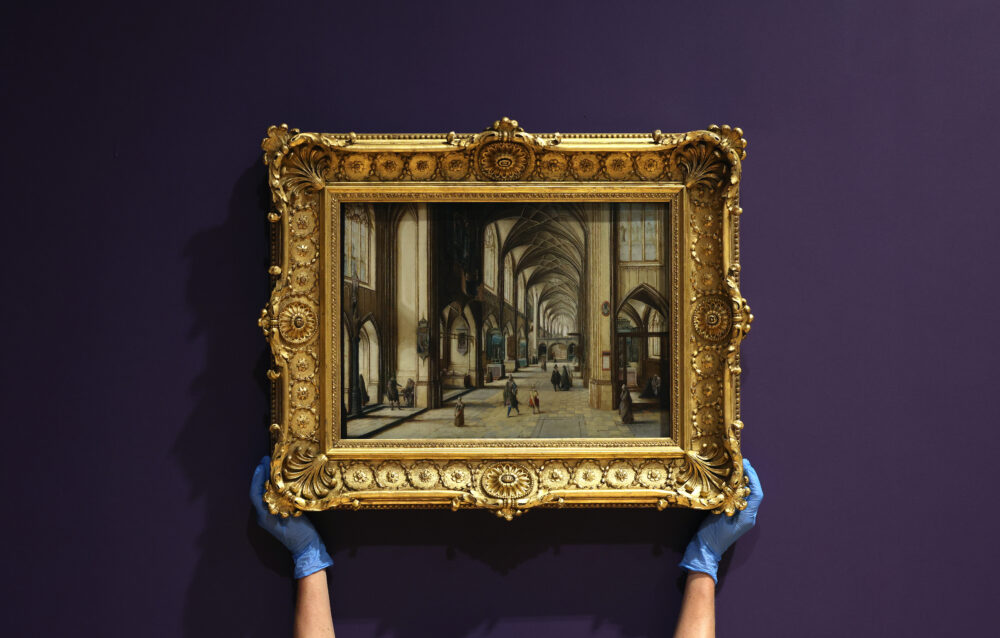
More than £4.5 million has been spent restoring the spaces in the renowned city centre gallery and it means priceless paintings and art works can finally go back on show – alongside others which are new acquisitions.
The Walker Art Gallery is set to re-open four of its prominent galleries after they’ve been closed for more than three years while they underwent a massive refurbishment.
Kate Donoghue, curator of international fine art, says:
“We are thrilled to be returning the rare and exceptional paintings, sculptures, and decorative arts from our Medieval, Renaissance and Baroque collections to permanent display in stunning, refurbished galleries.
“Accompanied by new perspectives and fresh interpretation which breathes new life into a historic collection, this is a significant moment in the history of the Walker.”
Minister for Arts and Heritage, Lord Parkinson of Whitley Bay adds:
“The triumphant success of Eurovision was a clear demonstration of the power of Liverpool’s cultural attractions to draw in and inspire millions of visitors from around the world. The opening of ‘Renaissance Rediscovered’ at the Walker Art Gallery means the city can add even more to its wealth of cultural offerings.”
The impressive collection will have a global audience when it reopens on Saturday, July 29. And if that doesn’t tempt you to visit, here’s 5 more reasons that will…
Treasures are being returned
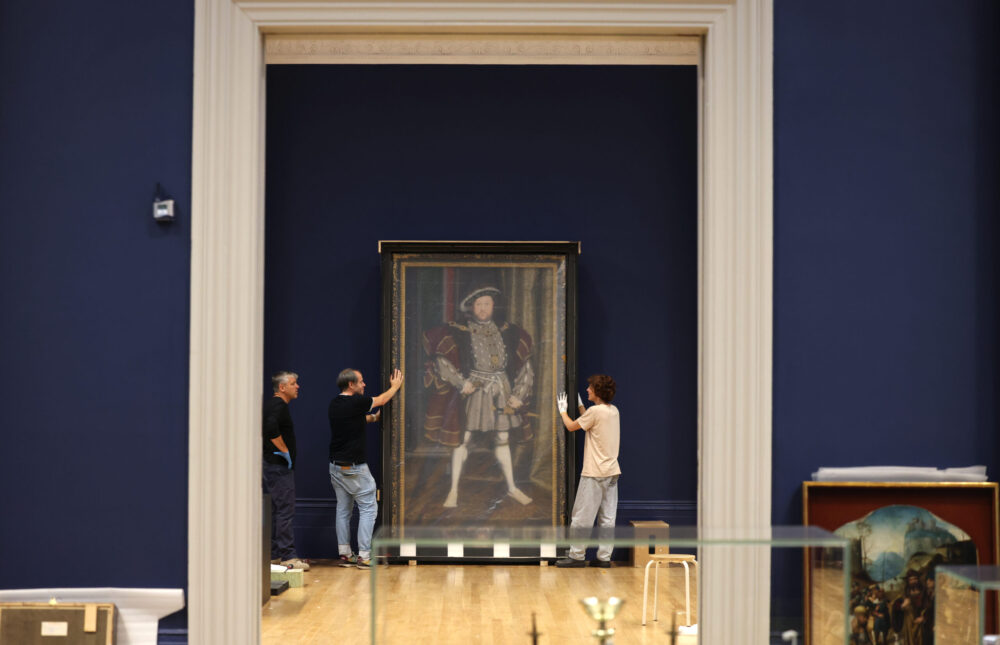
The refurbished galleries will be home to Walker’s Medieval, Renaissance and Baroque works of art under the title ‘Renaissance Rediscovered’. It includes around 200 paintings, sculpture and decorative art, along with prints and drawings which will have a dedicated gallery for the first time.
Major names – and new pieces – from the world of art
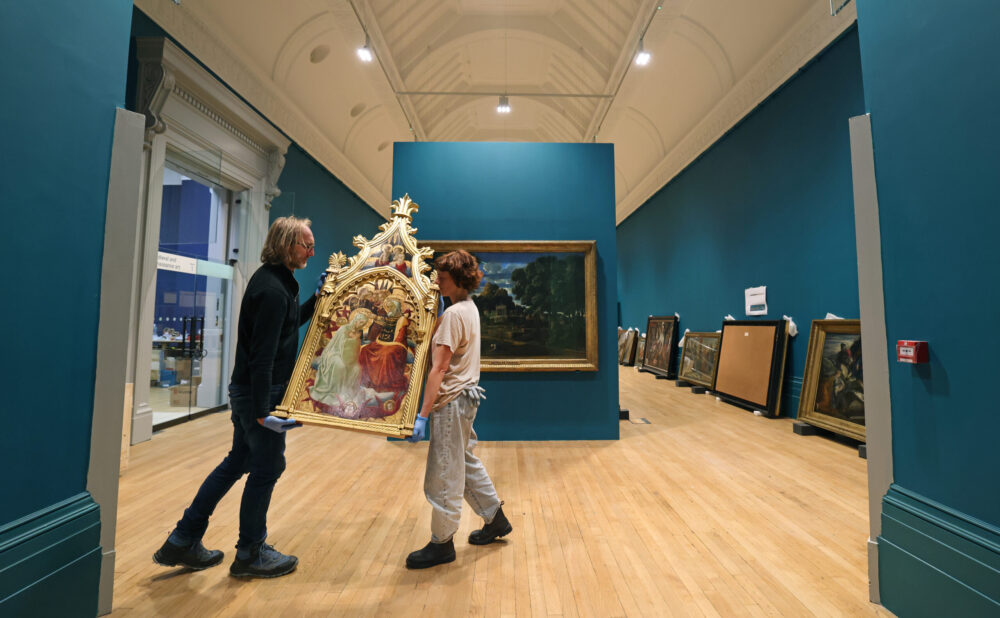
‘Renaissance Rediscovered’ features major names including Michelangelo, Titian, Rubens, Rembrandt and more, alongside newly acquired masterpieces on public display for the first time. ‘Renaissance Rediscovered’ presents the Walker’s renowned collection of western European art from the 13th to the 18th century. Masterpieces like Simone Martini’s ‘Christ Discovered in the Temple’, Holbein’s ‘Portrait of Henry VIII’, and Rembrandt’s ‘Self-Portrait as a Young Man’ feature in the new spaces.
New acquisitions include ‘Allegory of Painting and Music’, the first painting by Giovanni Andrea Sirani to enter a UK public collection, and ‘Still Life with Flowers’ by 17th-century Dutch artist, Willem van Aelst.
It explores diverse histories previously excluded
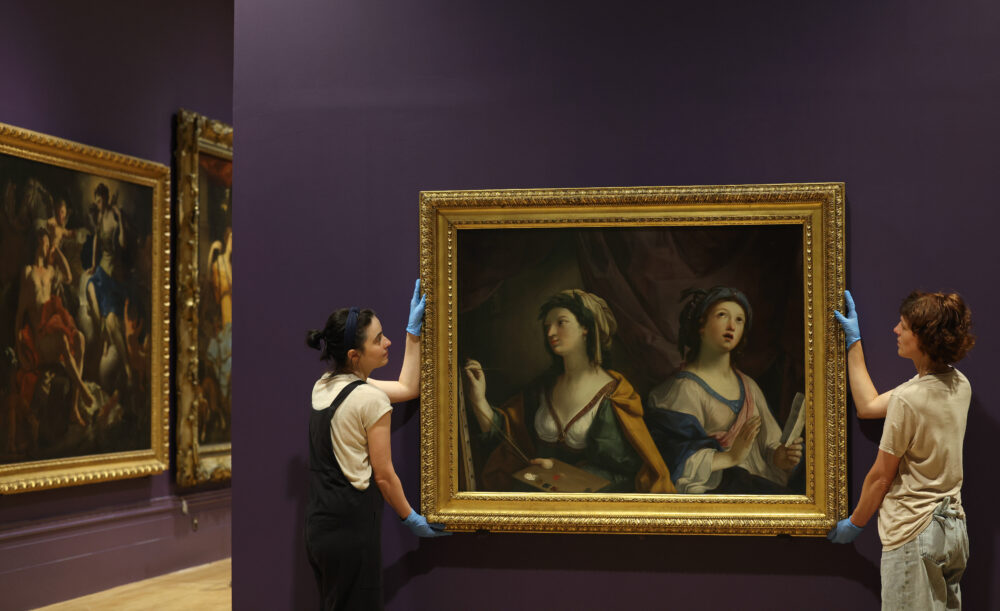
Fresh research explores diverse histories that have previously been excluded, offering fascinating new insights into Black, LGBTQ+ and women’s stories. Liverpool’s economic development grew directly from Britain’s involvement with transatlantic slavery, with many members of the Liverpool Royal Institution – a group wealthy art patrons who gave its collection to the Walker in 1948 – making their fortunes from it. The opening of Renaissance Redicovered offers the chance to reflect on this legacy and is part of the gallery’s ongoing work to recognise its links to slavery, colonialism and empire.
New technology will improve the experience
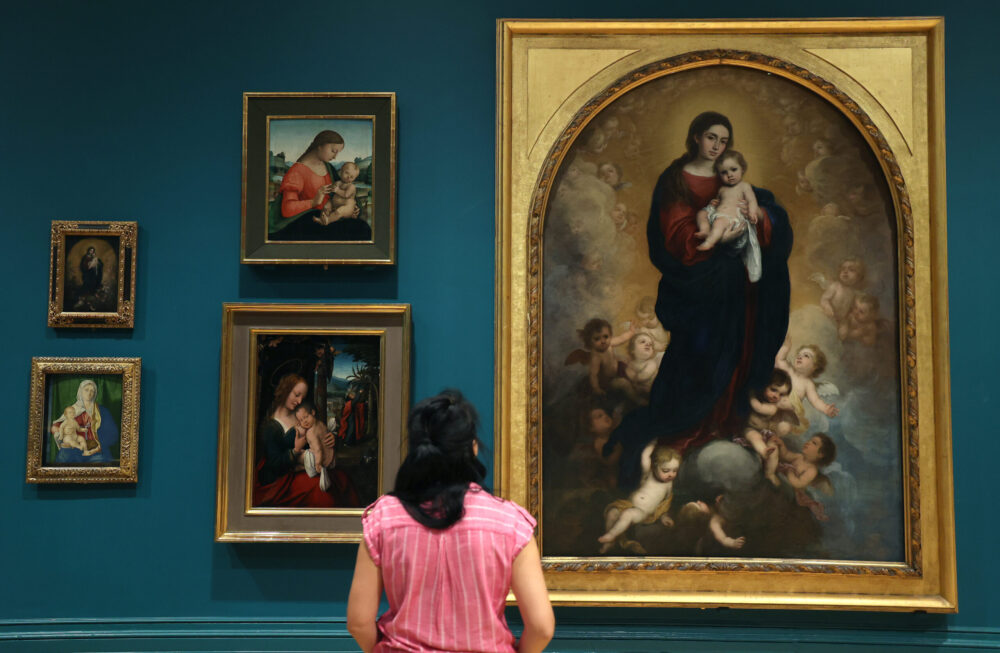
Imagery created by 3D video microscopy will enable visitors to gain a closer look at star objects from the Walker’s outstanding decorative arts collection, and digital interaction will bring pieces to life. Improved environmental controls will enable the Walker to showcase its extraordinary collection of prints, drawings and watercolours through changing displays for the first time.
The newly designed spaces also have new display cases and improved lighting to help show the collections better than ever before.
More to look out for
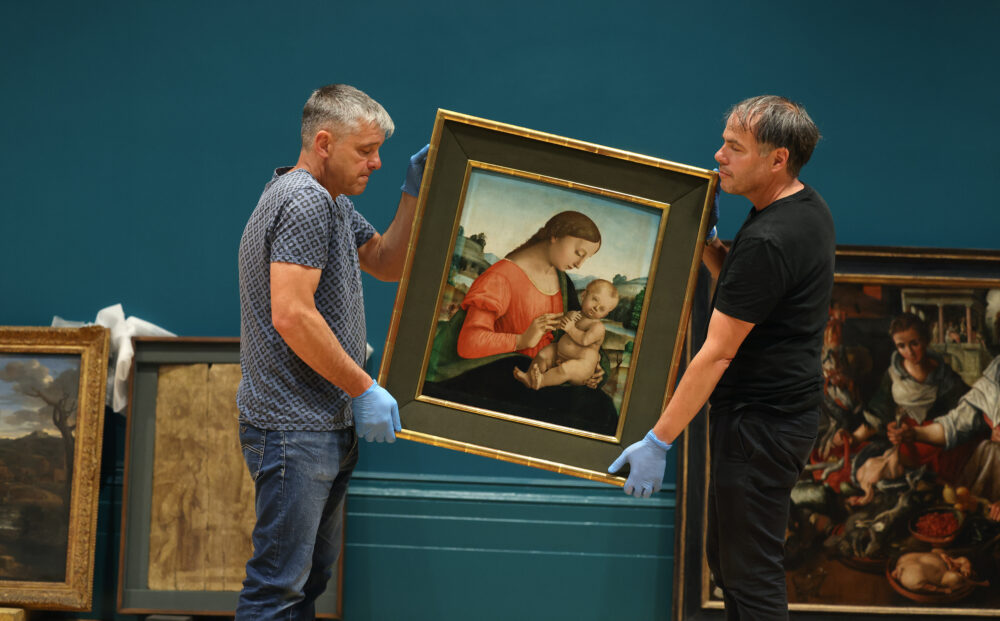
Among renowned paintings is a treasure trove of ivory carvings, enamel, silver, glass, ceramics, jewellery and textiles from 1200 to 1700.
Highlights include:
* The Triumph of Fortitude, Brussels, Belgium, about 1525: This is the largest piece on display and a new digital interactive will bring it to life. Brave and compelling female characters from mythology and the Old Testament featured within the tapestry will be under the spotlight in this dynamic new interactive.
* Reliquary Casket, oak with champlevé enamel on gilt copper, Limoges, France in about 1225: One of the earliest objects in the collections. Limoges was renowned for specialist enamelling workshops and from there, luxury objects for use in church rituals were exported all over Europe.
* Warwick Ring – gold signet ring, England, about 1450: The bezel is cut with the Bear and Ragged Staff, the badge of the Earls of Warwick , with the words ‘soulement une’ (only one) above. On the shank are inscribed the words ‘be goddis faire foote’ (by God’s fair foot’), which was a popular fifteenth-century oath. It is reputed to have belonged to the Earl of Warwick.


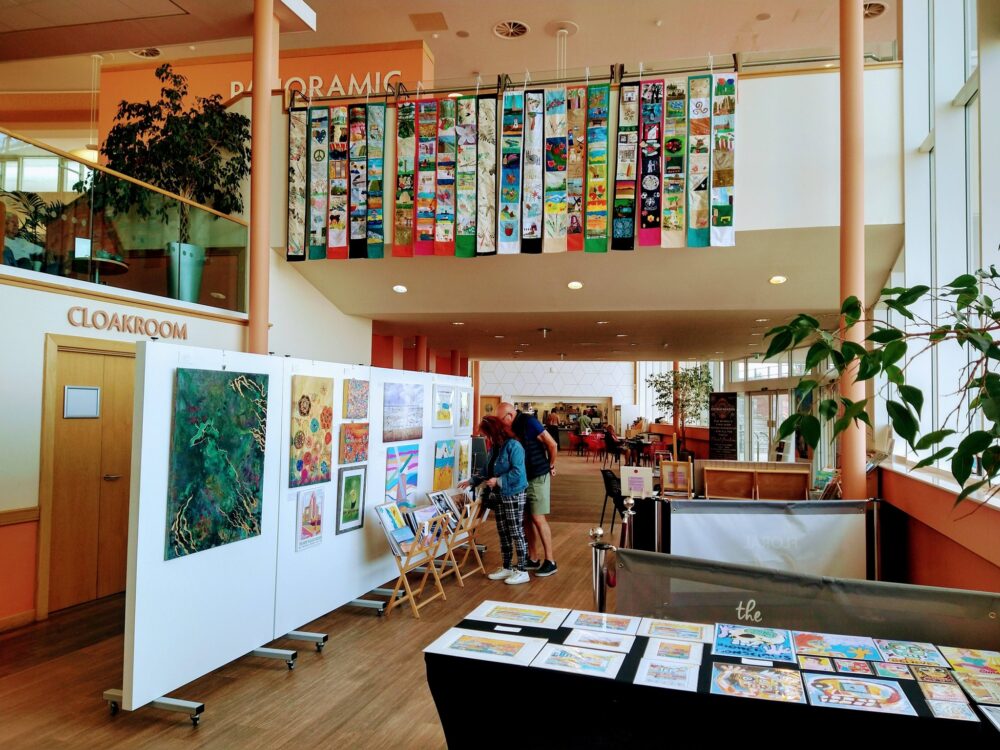
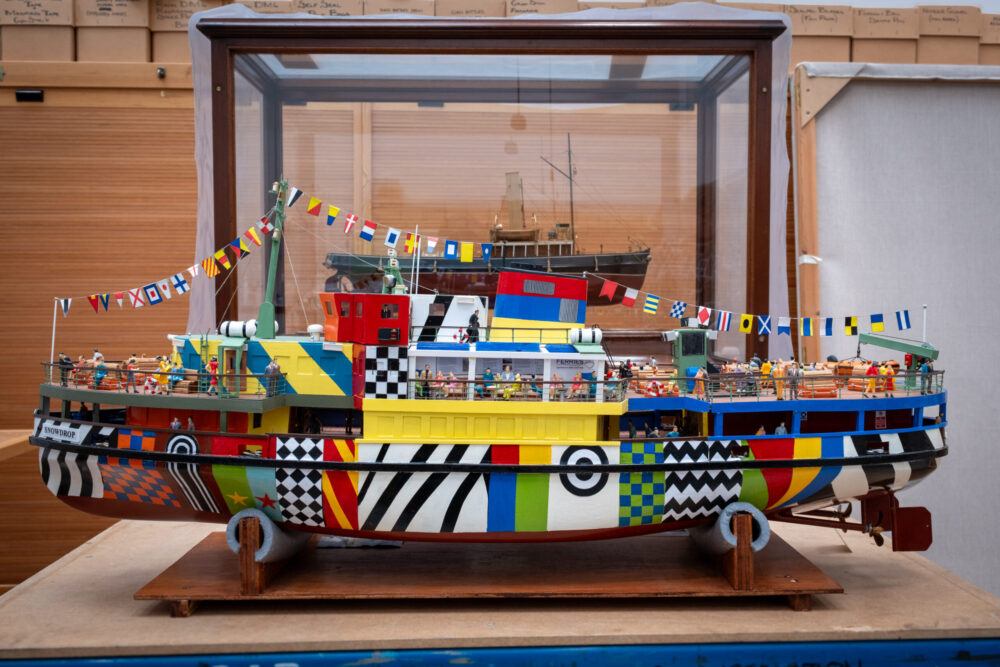
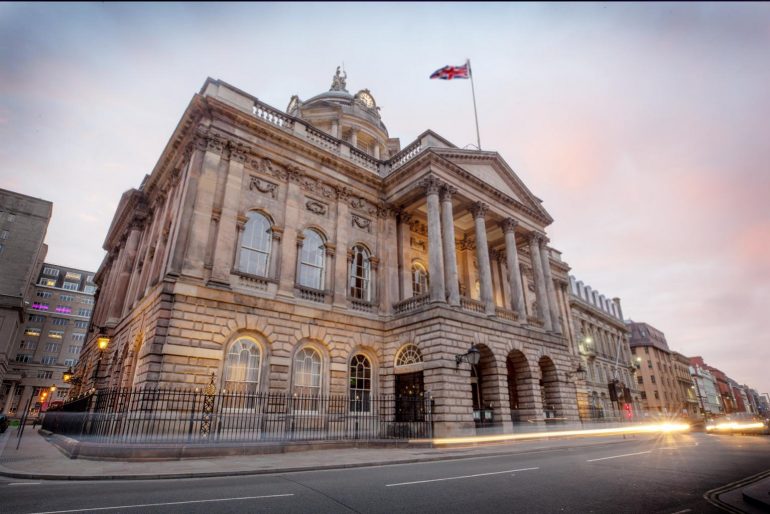
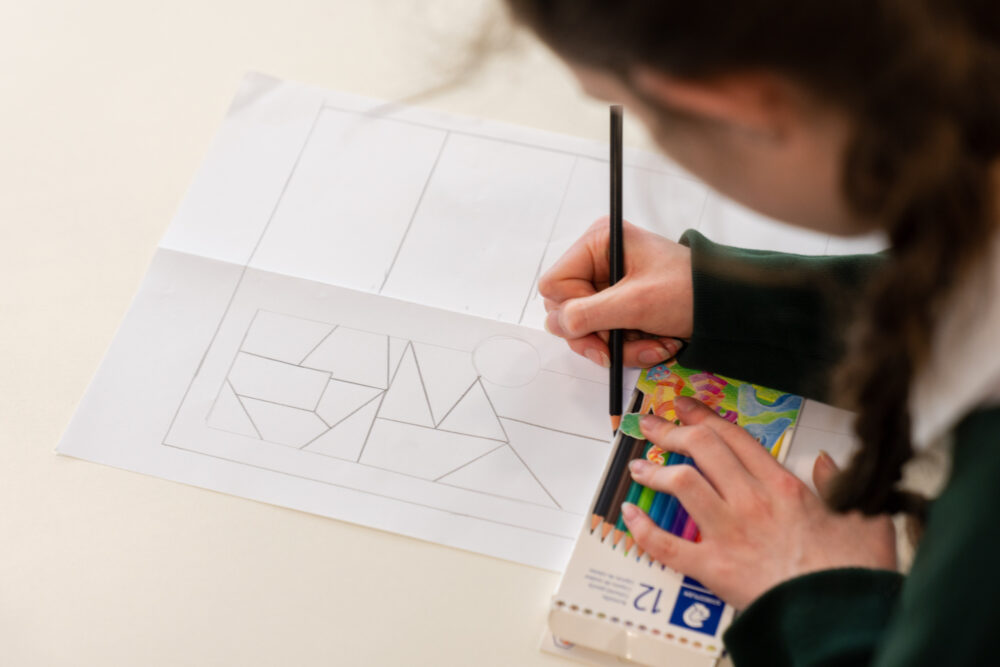
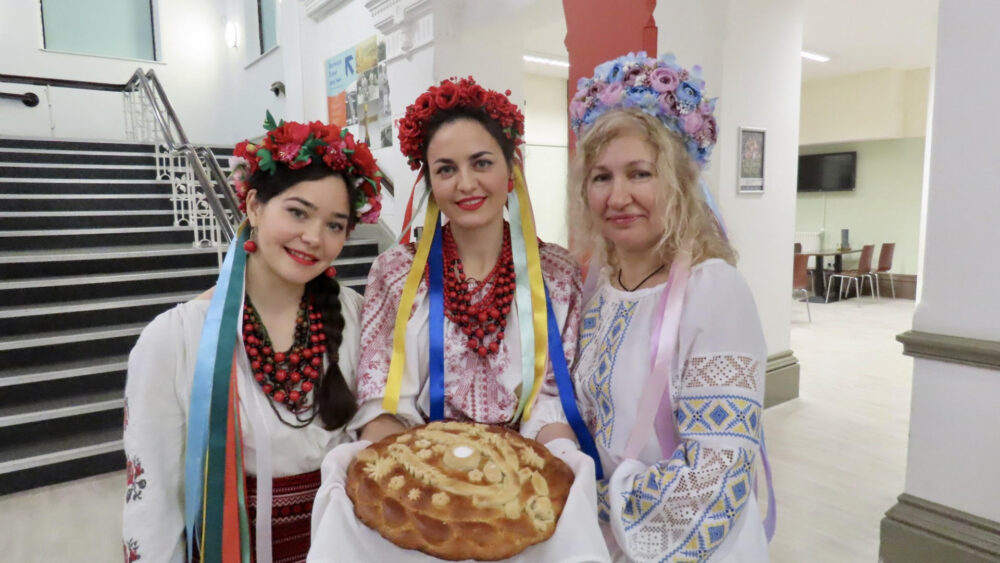
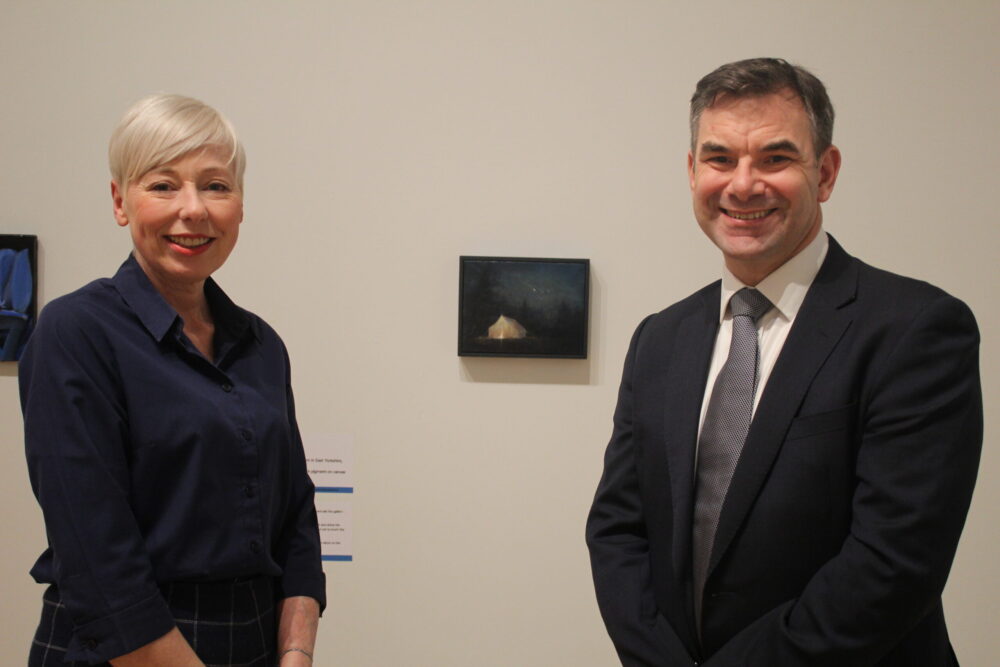


 Subscribe
Subscribe Follow Us
Follow Us Follow Us
Follow Us Follow Us
Follow Us Follow Us
Follow Us Follow Us
Follow Us











